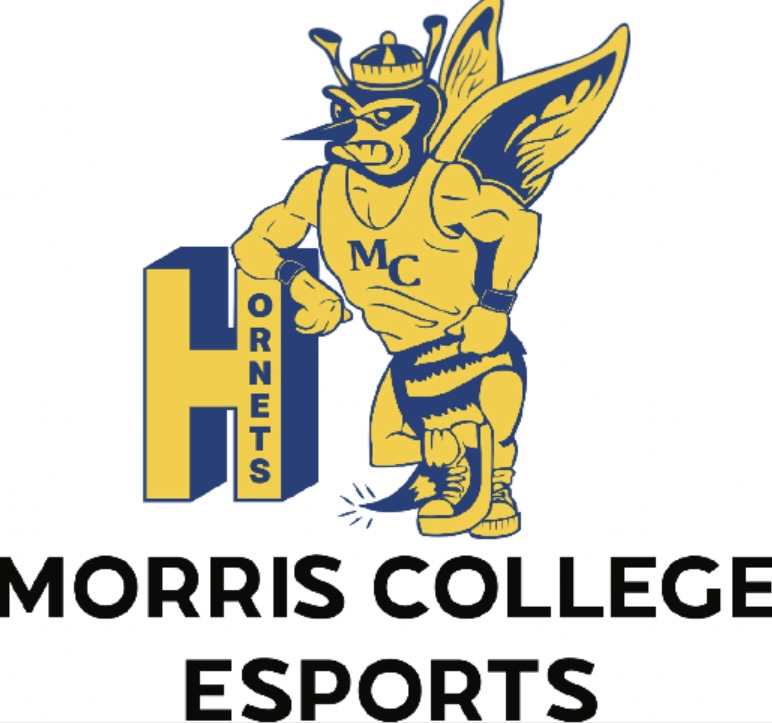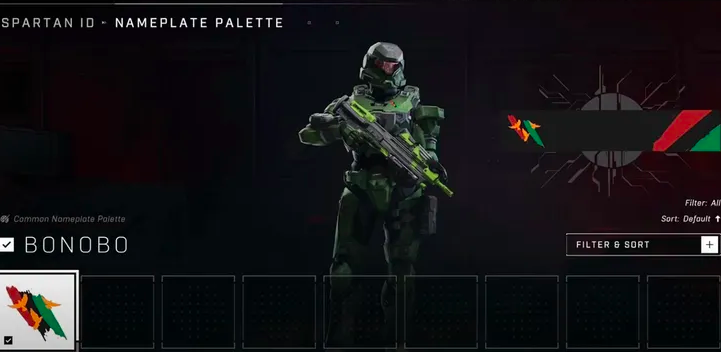Grandma can understand who is winning and losing in a fighting game versus Fortnite.
The global esports industry is expected to hit $1 billion this year for the first time.
Popular streamer Ninja made it to Time’s 100 List and mainstream’s interest in this ever-growing space increases with each passing day. Esports has truly hit a phenomenal stride this year, one that’s being witnessed by everyone across the globe. But, there are still disparities and obstacles to overcome for various communities and leagues when it comes to mass reach, support, and viewership.
Challenges that the fighting game community’s very own Aziza Brown is trying to change. As the owner of an esports team called Dynamik Focus, Aziza has utilized her resources and passion to provide opportunities for competitive gamers and content creators. Driven by the philosophy that by helping others, she will ultimately help the family that she has grown to love, appreciate and root for.
For our new Stick Talk series, I had a chance to sit down and talk with Aziza more about diversity, inclusion, and struggles within the fighting game community.
When did your initial passion for fighting games and the FGC begin?
Aziza: When I was younger I was part of the arcade era where every single bodega across the street had a fighting game. When I was 11, I started playing Mortal Kombat in arcades, took a break then came back and played Street Fighter. After school, I would get off the train near my house and I would have a bag of quarters to use and just play all day.
And since I was a girl I was given quarters, I was a unicorn back then haha. The moment I started going to tournaments and learning about the community, it was random, I saw an ad for Mashfest NYC and Sonicboombox NYC and my best friend and I randomly went there and were like “Omg there’s a whole bunch of people playing fighting games and we can bring our sticks and play.”
The Fighting Game Community is one of the most diverse communities within esports and gaming yet it doesn’t receive the same reach and attention as competitions for League of Legends, Fortnite and etc. Why is reach an issue?
Aziza: When it comes to reach, right now the FGC has always been a secretive community. Back in my day, I never got to compete while I was younger because I never knew that tournaments actually existed. And with Twitch and everything else, it should be bigger than it is. But, it’s also a very quiet community, they don’t talk much on Twitter.
So, you kind of get lost in the whole esports thing because the only people who talk the most are the known people in the community, not the smaller ones. Not everyone actually communicates.
Aside from reach, do you feel from a branding perspective because of how diverse the community is, it makes it harder to get additional sponsorship support?
Aziza: I don’t think diversity is a problem when it comes to that. This community is a niche community and when it comes to niche communities there isn’t a boom in marketing. Also, I think communication contributes because when it comes to the fighting game community, we express ourselves more when it comes to individual actions and thoughts that might not be marketable.
The FGC thrives on emotions and it should be marketed that way but a lot of companies don’t think that way. I think it kind of stops it as well as some things in the past that have stopped the community from growing. I don’t know too much about it so I won’t comment on it.
[jwplayer F8D3sfnr-lHcfCBkA]
As a black woman with a self-made organization in esports, what are some challenges you face within this space?
Aziza: The challenge was proving myself, not as a woman at all. The NYC community has gone through a lot of things in the past where they don’t trust new people coming into their community. That’s it. So, I’m new basically and I had to prove my validity of being somebody that’s not trying to harm the community or trying to change or damage it.
And someone who’s trying to grow a brand within the community and help it because if I help them, I help myself. The turning point for when they finally trusted me was coming to a major and having people hug you and say hello. When they start to trust you it is total contact and friendship stuff like that, the FGC has a family bond.
In addition to yourself, there are other prominent women within the FGC, how have women impacted this community?
Aziza: Women help grow the family. The presence of women within any gaming community, you just feel comfortable in it. It makes you feel more comfortable being there and the women that are really active in the community and invite inclusions.
The FGC has a low bar to entry but a high bar to be a Top 8 because there’s so much practice needed to be a good competitor that it accepts more people because you have to actually put your work in to prove yourself. And it kind of lowers the bar of discrimination when all you have to do is press buttons and you are accepted.
The community itself definitely sounds like it has some challenges ahead of it. What’s your main goal for it?
Aziza: My goal is to see fighting gamers get the same amount of views as another tournament and event like Fortnite and anything like that type of mass attention. I would love to see this happen for the community because once it happens, it’ll be easier for the community to get higher bonuses because they have the viewership behind it to do it. Because the truth is, it is easier to follow a fighting game than to follow Dota 2.
How does that get more views? Grandma can understand who is winning and losing in a fighting game versus Dota 2. It has an easier viewership bar compared to other games. For the life of me as a fighting gamer myself, I never understood why it didn’t get as much push as it did.
To learn more about Aziza Brown and her Dynamik Focus team follow her on Twitter.



